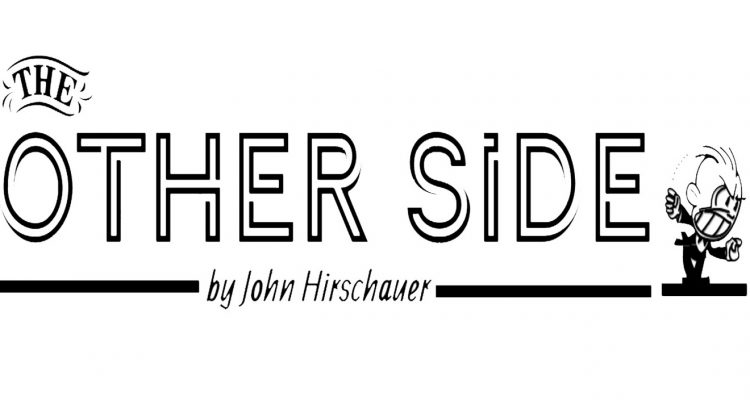I share Dr. David Bentley Hart’s disposition upon considering the radical claims of the Gospel texts on property and wealth — I’ve read the New Testament, after all. The questions he raises about property and wealth tormented me profoundly for years as a scrupulous adolescent raised on Fulton Sheen videos and a brand of Catholicism that died years before I was born. If you believe, as Christians ought, that the Bible is indeed a guidebook for the soul’s eternal deliverance from hellfire, the questions raised in Dr. Hart’s Nov. 4 New York Times op-ed “Are Christians Supposed to Be Communists?” are hardly trivial. Christ’s words to the rich young ruler in the Gospel of Matthew are enough to permanently unsettle the first world soul and far be it from me to undercut Dr. Hart as regards questions of wealth and poverty in the New Testament. I do, however, take issue with his conclusion — that the Gospels and canonical addenda in the rest of the New Testament are universally condemnatory of wealth outside of what Dr. Hart calls “absurdly forced readings” of unscrupulous believers looking for the first exit ramp on the road of Christian sacrifice.
For those who disagree with Dr. Hart’s assessment of New Testament hermeneutics on property ownership, he posits that “[w]hile there are always clergy members and theologians swift to assure us that the New Testament condemns not wealth but its abuse, not a single verse … confirms the claim.” This is true, as far as it goes — Christ and New Testament figures like James do indeed criticize wealth itself, and not merely its distorted use, but what is perhaps more interesting is the lack of unanimous criticism on the matter of wealth and property throughout the New Testament.
Consider the famous story of Zacchaeus, the rich publican who met Jesus in Jericho. His promises to give half of his possessions to the poor and reimburse fourfold those he defrauded were met affirmatively by Christ: “[t]oday salvation has come to this house, because this man, too, is a son of Abraham. For the Son of Man came to seek and to save the lost” (Luke 19:9-10). While it is debated among theologians just how much Zacchaeus had left after these acts of divestiture, what seems clear from the biblical text itself is that Christ did not probe Zacchaeus further, and seems to stop well short of demanding he sell his home. The Lukan technique of parallelism affirms perhaps a somewhat dispositional view of riches; the author of Luke’s Gospel puts Zacchaeus and the rich ruler passages right next to one another, with their respective laudatory and dismissive responses by Christ. Zacchaeus’ disposition of humble and ready divestiture, even if not to the point full asceticism, is juxtaposed quite jarringly with the initial self-assuredness, faux-modesty and ultimately thorn-choked morality of the rich ruler.
I take further issue with Dr. Hart’s characterization of the lifestyle of the earliest Christians. Without question, there was a distinct communitarian sensibility among Christ’s first followers. Hart likewise states, correctly, that rather than a once-for-all divestiture, the arrangement was “self-sustaining but also able to share resources with one another when need dictated.” But the general notion one finds across Hart’s work on the topic seems to suggest he finds the earliest Christian living arrangements to be an injunction toward universal asceticism.
Dr. Art Lindsley further comments on the topic of selling when he details the person of Barnabas, who Acts says “owned a tract of land, sold it and brought the money and laid it at the apostles’ feet.” As Dr. Lindsley notes, “[it] does not say that this giving comprised all his possessions or that it was the only tract of land he owned.” Lydia of Thyatira, the prosperous purple merchant who used her home for meetings of the faithful, is never condemned by the author of Acts and is in fact textually portrayed in a positive light. It would be impossible to mistake the early Christians for Friedman-style libertarian apologists, but the black and white pronouncement of Dr. Hart is divorced from the nuance an evaluation of the Scripture reveals.
All told, I am not unsympathetic to the radicalism of Dr. Hart’s piece; in fact, I find a real lack of specific directives to the implicit awe we all ought to feel in the face of the harsh demands of a Christian life. I am, however, unsympathetic to reading out the very real shades of gray in the biblical discussion of private property to the point of implying all who don’t resolutely accept the New Testament as an exegesis on the evil of all material possessions are not sufficiently entrenched in the radical call of the Gospels.


Leave a Reply